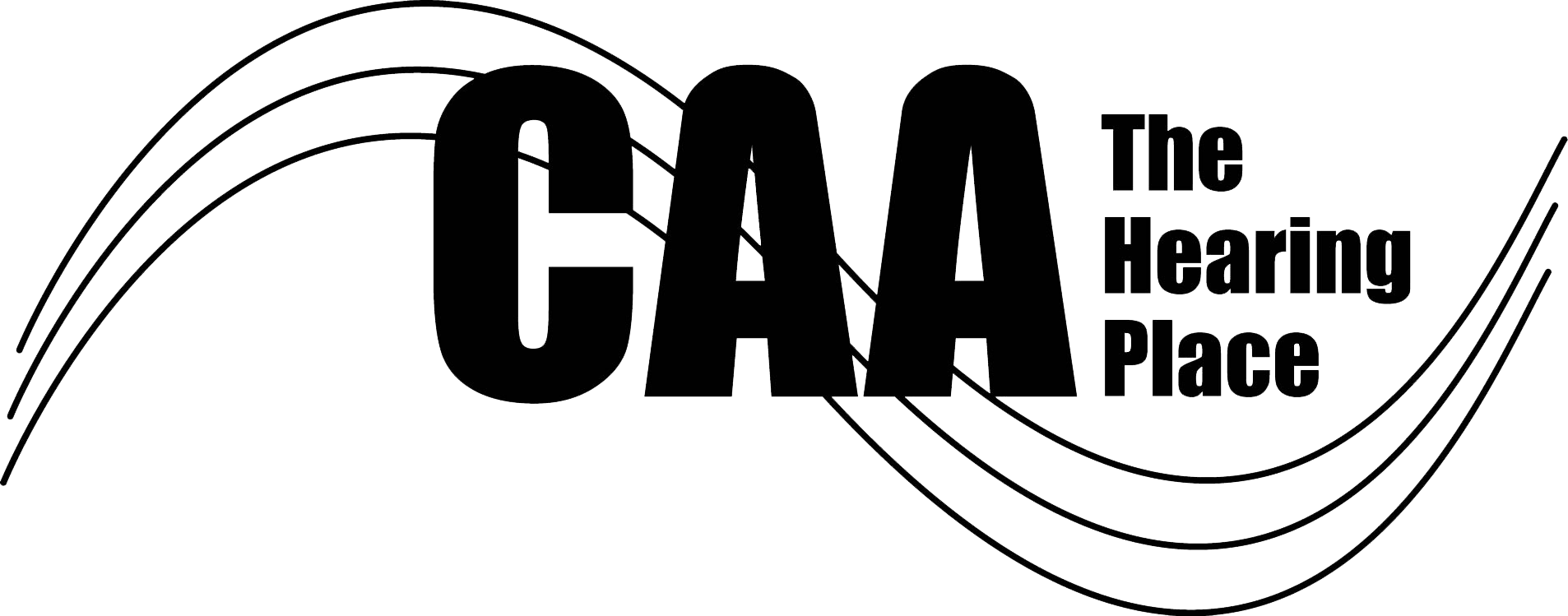Deciding on a career in audiology was an easy choice. Hearing connects us to others and the world around us, and I wanted a career where I could help others and build long-term relationships for years to come.
Hearing loss is widespread. It is estimated by the World Health Organization that approximately $1 trillion is lost EACH YEAR globally due to our failure to adequately address hearing loss. Moreover, approximately 36 million individuals have some degree of hearing loss, with statistics showing a majority of these could benefit from the use of a hearing aid. It’s not just the individual with hearing loss that suffers, those around them often don’t enjoy conversation as much; having to repeat themselves constantly and straining their voices louder to be heard. Collectively, hearing loss can be frustrating on both the listener and the communication partner (oftentimes a spouse).
With the passage of the Over-the-Counter Hearing Aid Act, hearing aids are more easily accessible for individuals with perceived mild to moderate hearing losses. While these devices are able to help some individuals with perceived hearing loss, there are multiple types of hearing loss and everyone’s loss is unique; resulting in varying outcomes using these devices. You can have two individuals with the exact same hearing loss receiving the exact same hearing aid and programming with completely different listening outcomes. One individual might hear sounds clearer than they ever have, while another individual might struggle even more.
The role of the audiologist is to help navigate the auditory needs of the patient to help them hear their best. I strongly advise patients that this might not happen overnight, as it takes the brain time to adapt to the new sound. As an audiologist, I love providing my expertise to give my patients the tools to succeed. Receiving proper treatment and care the first time is my goal for every patient so they can hear better and live better.
